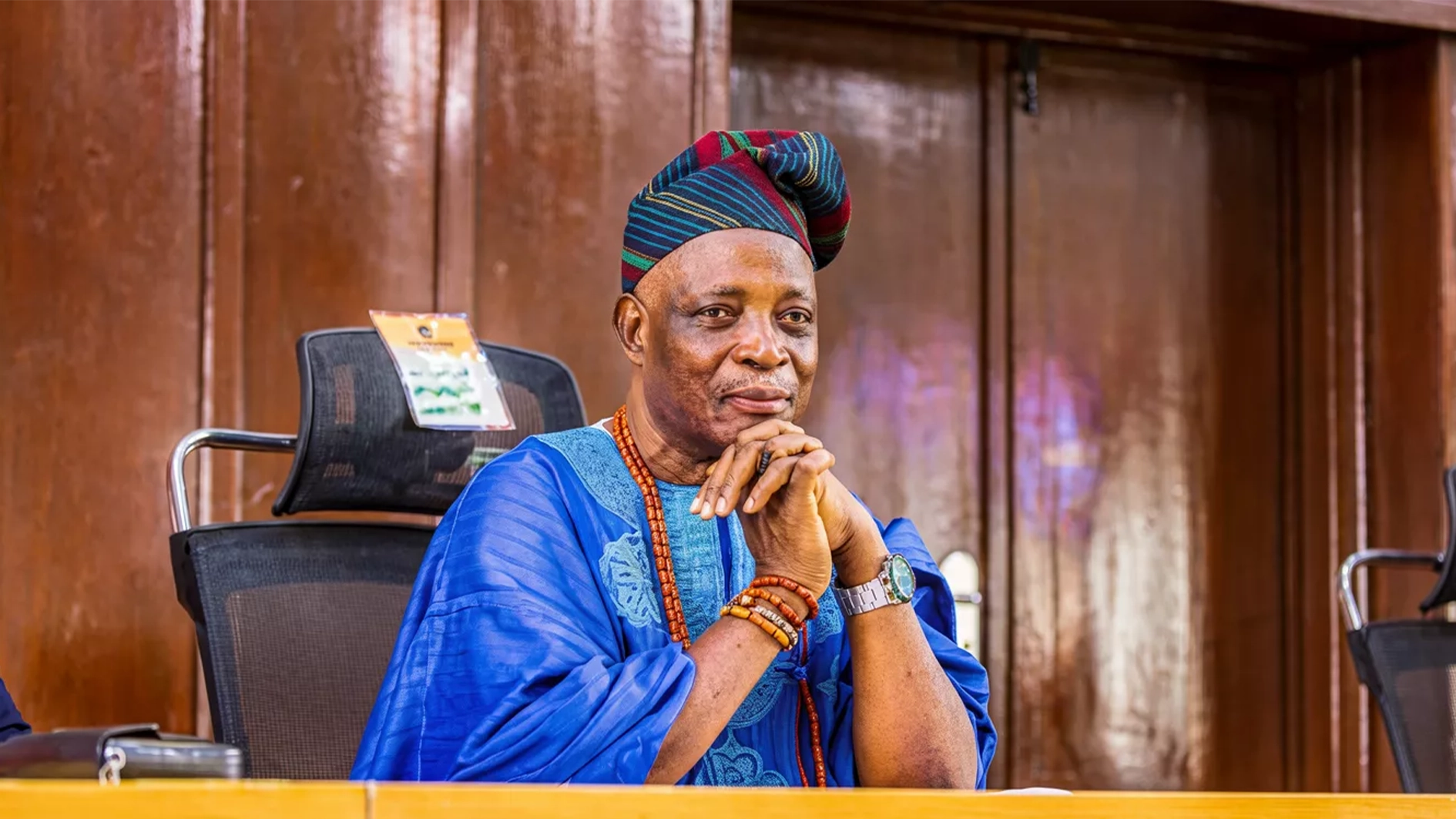The House of Representatives has launched an investigation into the utilisation of $4.6 billion in grants received from the Global Fund and the United States Agency for International Development (USAID) for Nigeria’s fight against HIV/AIDS, tuberculosis (TB), malaria, and polio.
The move, aimed at ensuring transparency and accountability in the health sector, followed the adoption of a motion sponsored by Hon. Amoebi Ogah during plenary on Tuesday, presided over by the Deputy Speaker, Rt. Hon. Benjamin Kalu.
The House subsequently mandated its Committee on HIV/AIDS, Tuberculosis and Malaria Control to investigate the utilisation of the grants received between 2021 and 2025, and to report back within four weeks for further legislative action.
In addition, lawmakers directed the Coordinating Minister of Health and Social Welfare to provide the implementation plan and the National Assembly-approved expenditure details of the grants.
Moving the motion on behalf of Ogah, Hon. Philip Agbese (APC–Benue) disclosed that Nigeria also received over $6 billion in health assistance from the U.S. President’s Emergency Plan for AIDS Relief (PEPFAR) within the same period to combat HIV/AIDS and strengthen health systems.
Agbese noted that despite these substantial inflows, Nigeria still ranks among countries with the highest global burden of the three major diseases.
“In 2023, approximately 15,000 AIDS-related deaths occurred among Nigerian children aged 0–14, while 51,000 AIDS-related deaths were recorded nationwide,” he stated.
“Nigeria ranks third globally in HIV deaths and has the highest number of HIV cases in West and Central Africa.”
He added that Nigeria ranks first in Africa and sixth globally in tuberculosis prevalence—accounting for 4.6% of the global TB burden—and bears the highest malaria burden worldwide, responsible for 26.6% of global malaria cases and 31% of malaria deaths.
The lawmaker warned that if the status quo persists, Nigeria risks failing to meet the United Nations Sustainable Development Goal (SDG) target of eliminating HIV, TB, and malaria by 2030.
“There has not been a coordinated and robust oversight of the implementers of these grants by the National Assembly,” Agbese said, citing Sections 88 and 89 of the 1999 Constitution (as amended), which empower the legislature to summon any ministry, agency, or non-governmental organisation for accountability purposes.
He expressed concern that without urgent scrutiny and restructuring, Nigeria may continue to lose lives and miss out on the 8th replenishment cycle of the Global Fund, which supports countries committed to ending these diseases.
“If something drastic is not done to reassess and reevaluate the utilisation and implementation of these grants, Nigeria may continue to suffer huge burdens and fail to meet the 2030 elimination target,” he cautioned.






